This conference is organised and led by PhD students in the field:
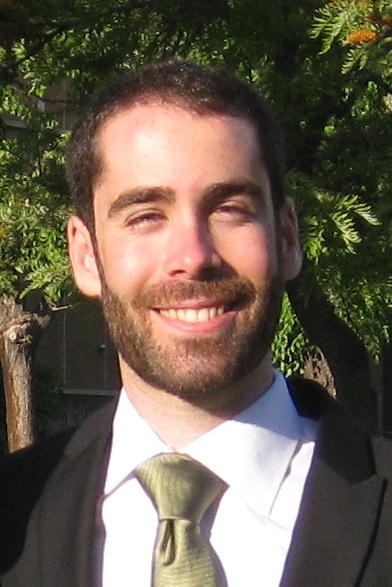
Moises is a first year PhD student at Weigel Lab. He is interested in the convergence between experimental ecology and computational genomics and uses 1001 whole-genome sequences of Arabidopsis thaliana to infer the species evolution and adaptation trends.
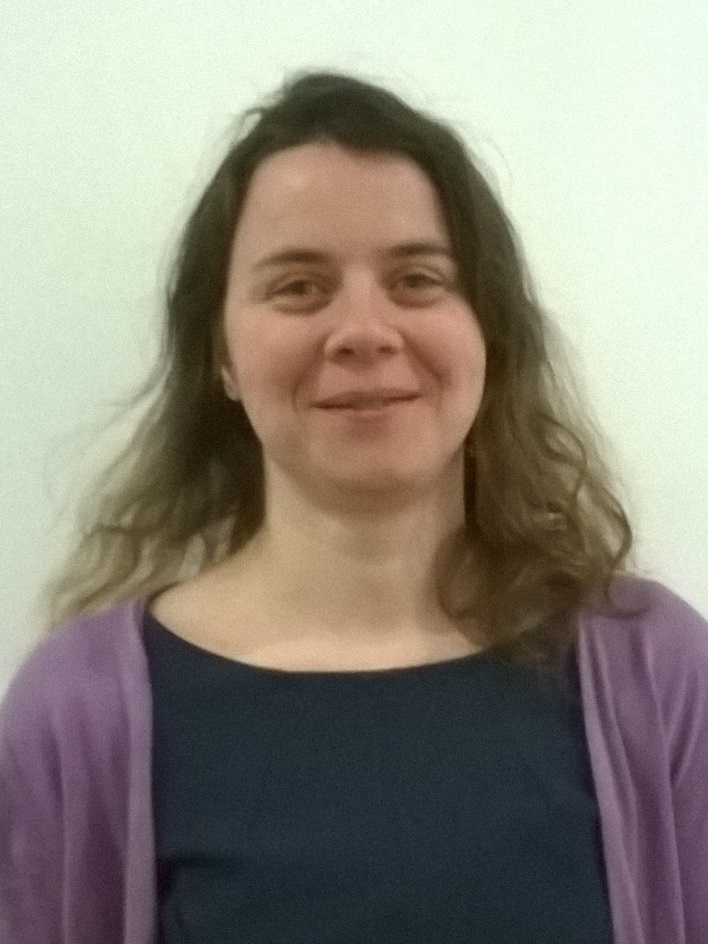 Tiphaine Martin – King’s College London, London, UK.
Tiphaine Martin – King’s College London, London, UK.
Tiphaine is a second-year PhD student supervised by Prof. Tim Spector. Her project explores the utility of multi-omics data (genome, gut microbiome, epigenome, glycome and metabolome) derived from twins in understanding human auto-immune diseases and the potential for development of personalised medicines. Prior to this, Tiphaine worked in Prof. Willem Ouwehand’s group at the University of Cambridge, and at the CNRS in Bordeaux France. She is currently the representative of the bioinformatic user community for the “France Grilles – CNRS Grid and Cloud Institute”.
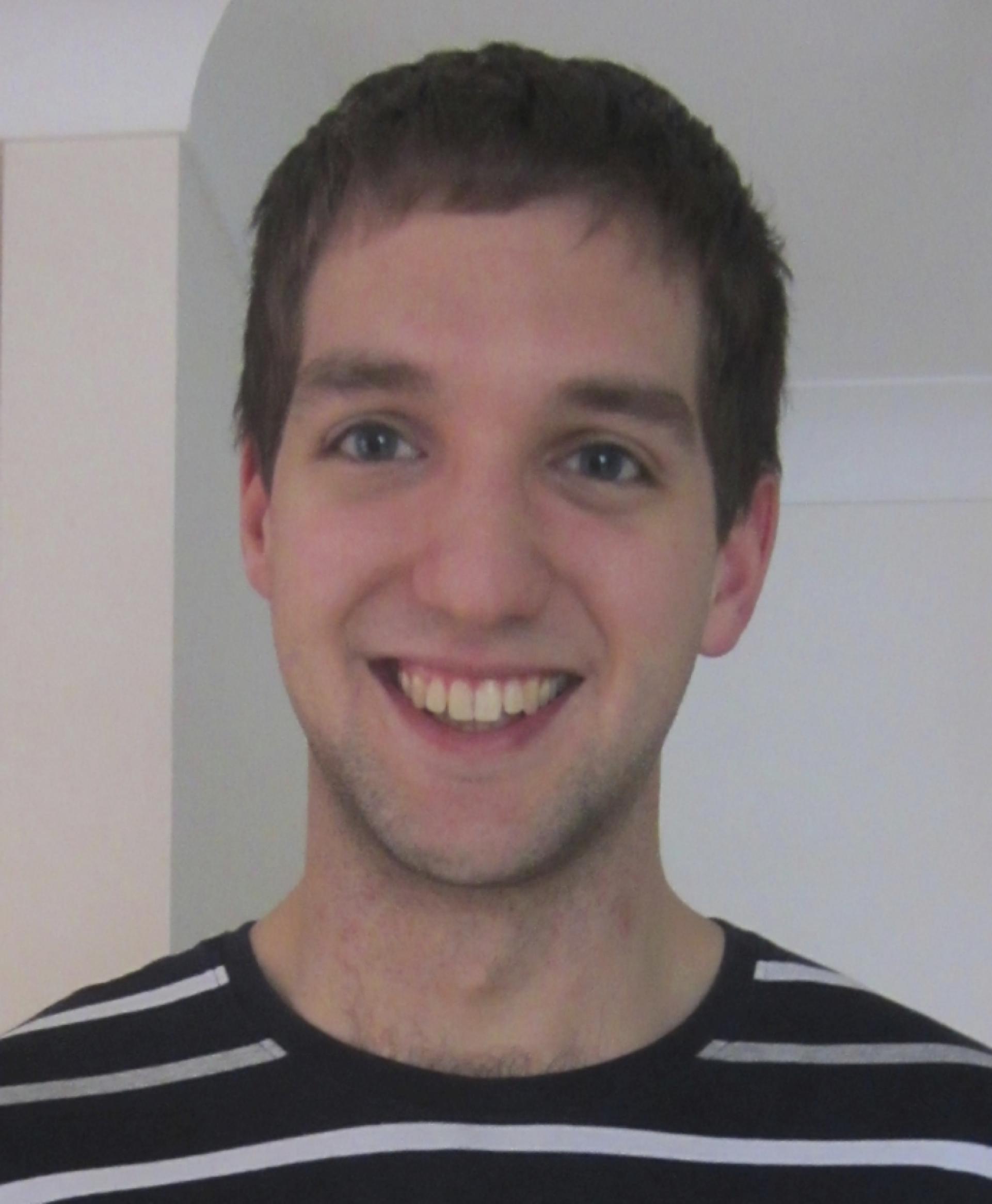
Matthias is a Wellcome Trust Genomic Medicine and Statistics student supervised by Anna Gloyn and Mark McCarthy. His main interested lies in combining computational and wet lab biology. The main focus of his thesis is the role of novel genetic (copy number variants) and epigenetic mechanisms (methylation and chromatin modifications) in the development of Type 2 diabetes.
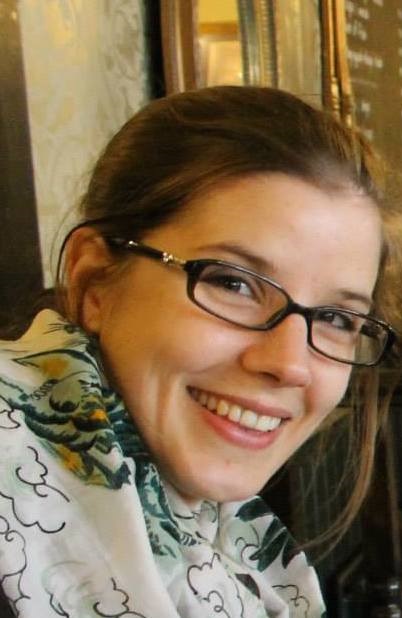
Hannah is a second-year PhD student in Ewan Birney’s research group at EMBL-EBI in Cambridge. She employs bioinformatics tools and machine learning to analyse associations between SNP genotypes and high-dimensional heart phenotypes in humans.
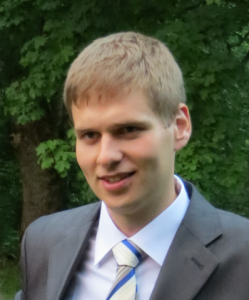
Kaur is a third year PhD student who is interested in how innate immune cells respond to bacterial infections and how genetic differences between individuals shape these responses. In his research, Kaur is using both experimental and computational techniques with a particular focus on developing novel approaches to analyse RNA-Seq data.
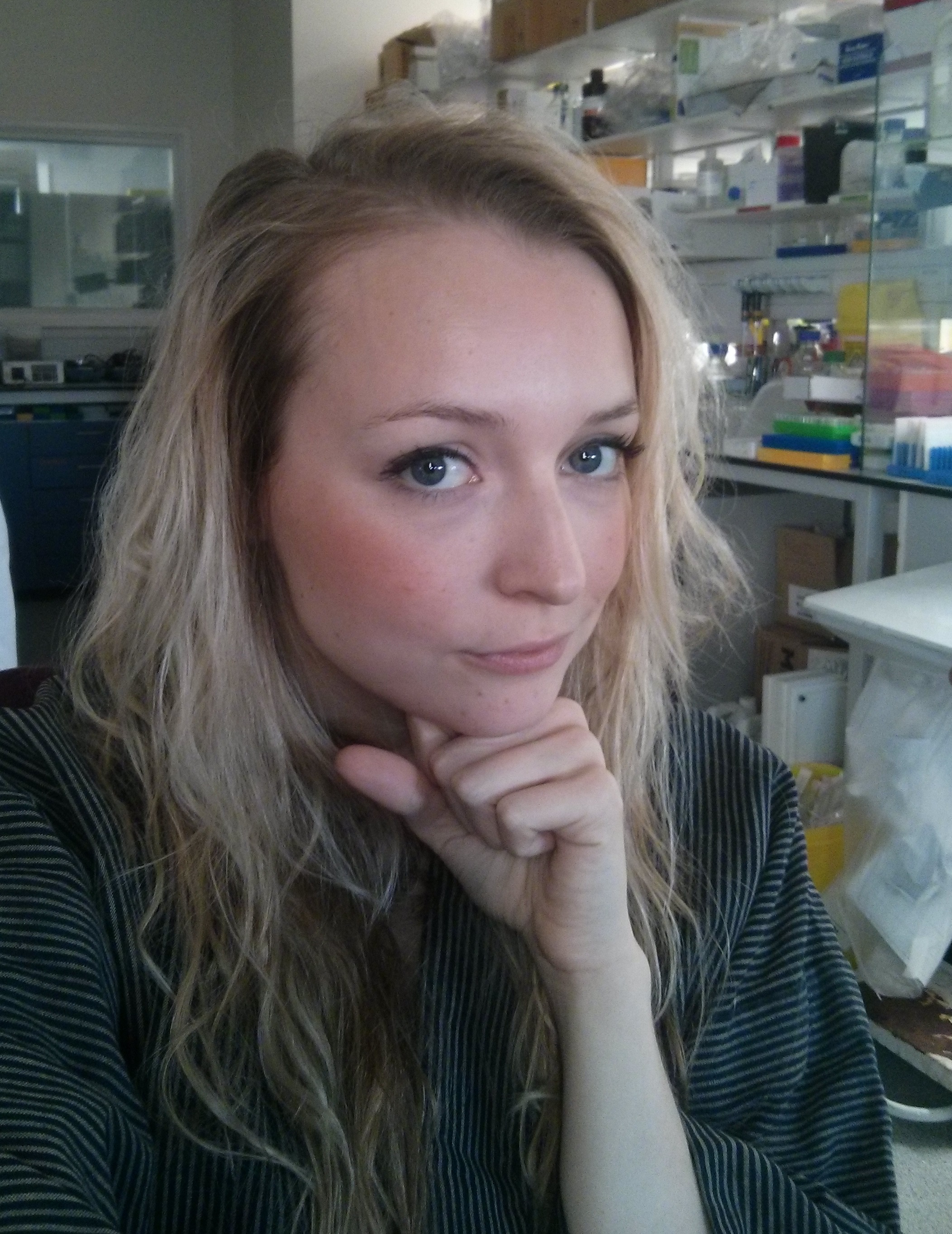
Sarah is a third-year PhD student working at the Institute of Neurology whose research revolves around understanding the full genetic landscape of motor neuron disease. She has been employing next-generation sequencing technologies to produce the largest ever comprehensive sequencing study in this disease to date. She is currently utilising a range of bioinformatic tools and developing them for use on this huge dataset.
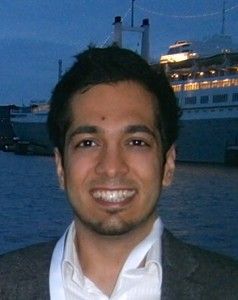 Rajbir Batra – Cancer Research UK Cambridge Institute / University of Cambridge, Cambridge, UK.
Rajbir Batra – Cancer Research UK Cambridge Institute / University of Cambridge, Cambridge, UK.
Rajbir is a second-year PhD student at the Cancer Research UK Cambridge Institute and the Department of Applied Mathematics and Theoretical Physics at the University of Cambridge. He is a part of the Wellcome Trust programme in Mathematical Genomics and Medicine, and works on characterising the epigenetic landscape of breast cancer using next-generation sequencing technologies. Prior to coming to Cambridge, Rajbir studied Mathematics and Statistics at the University of Warwick and at the University of Oxford.